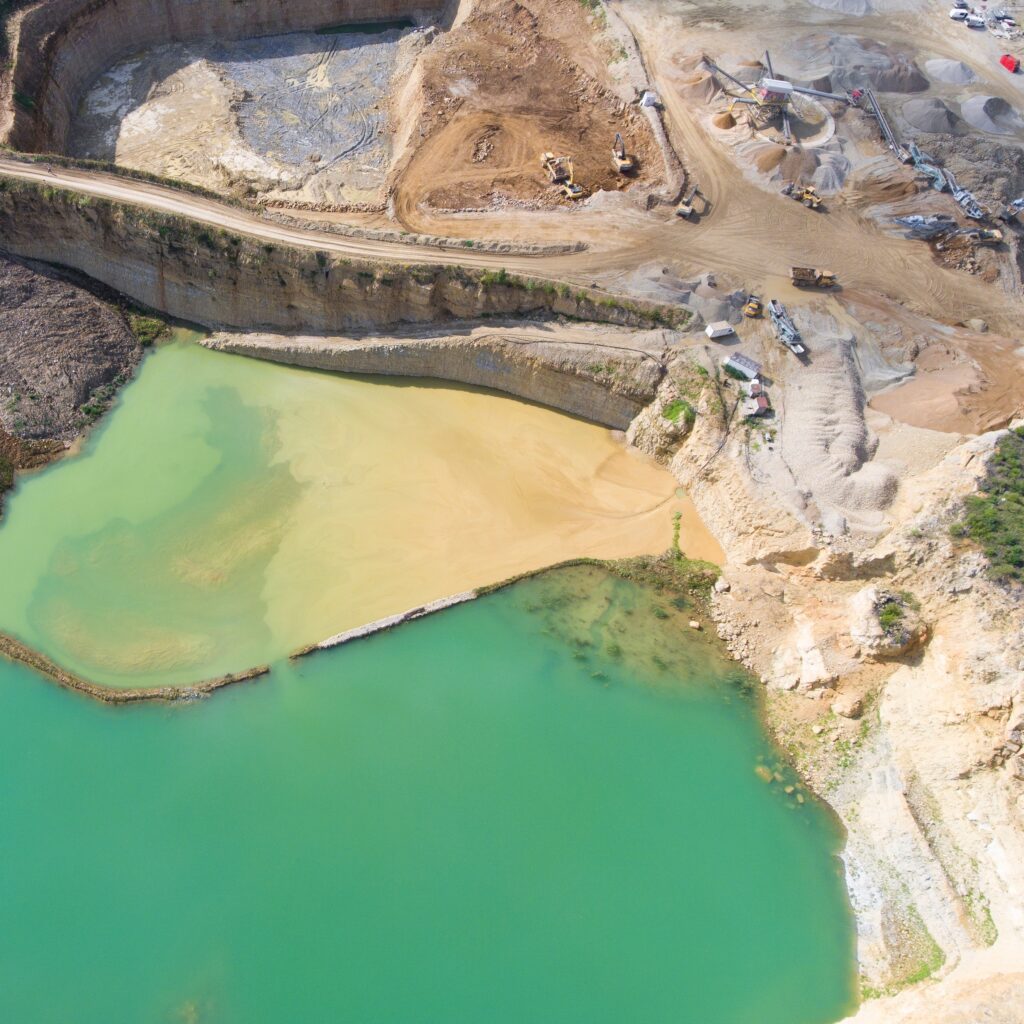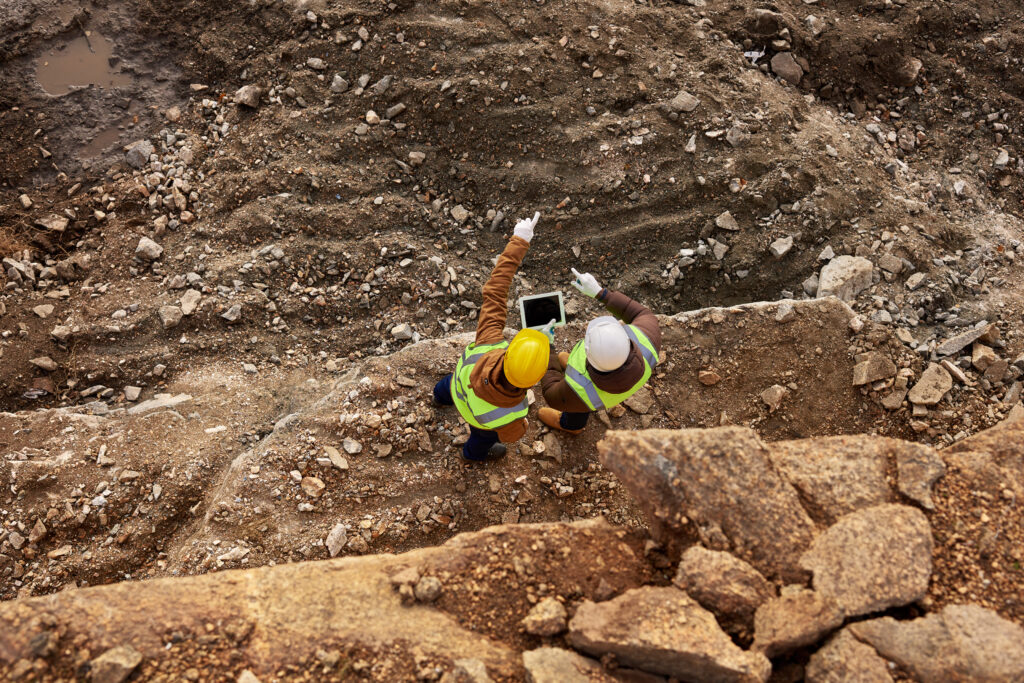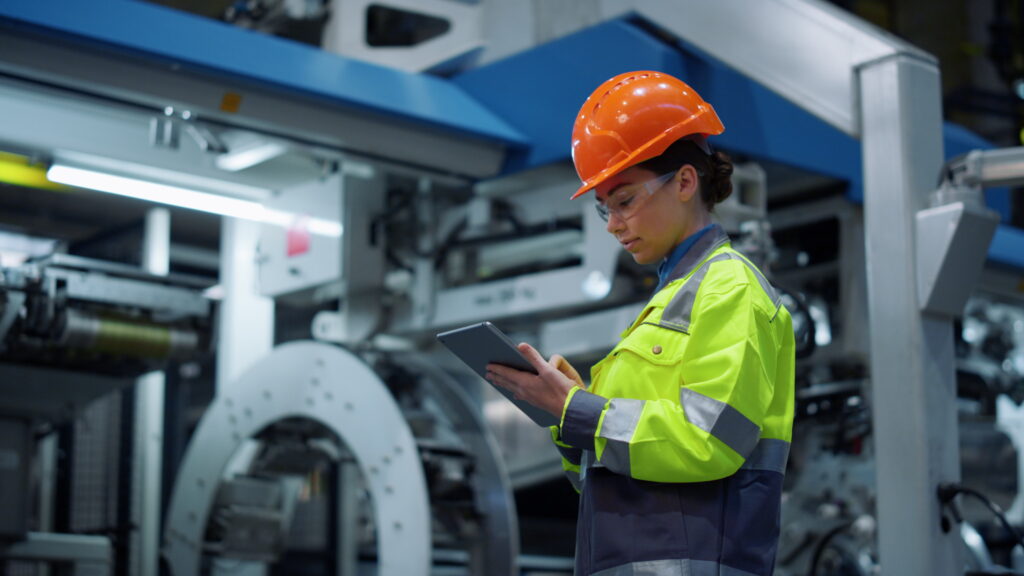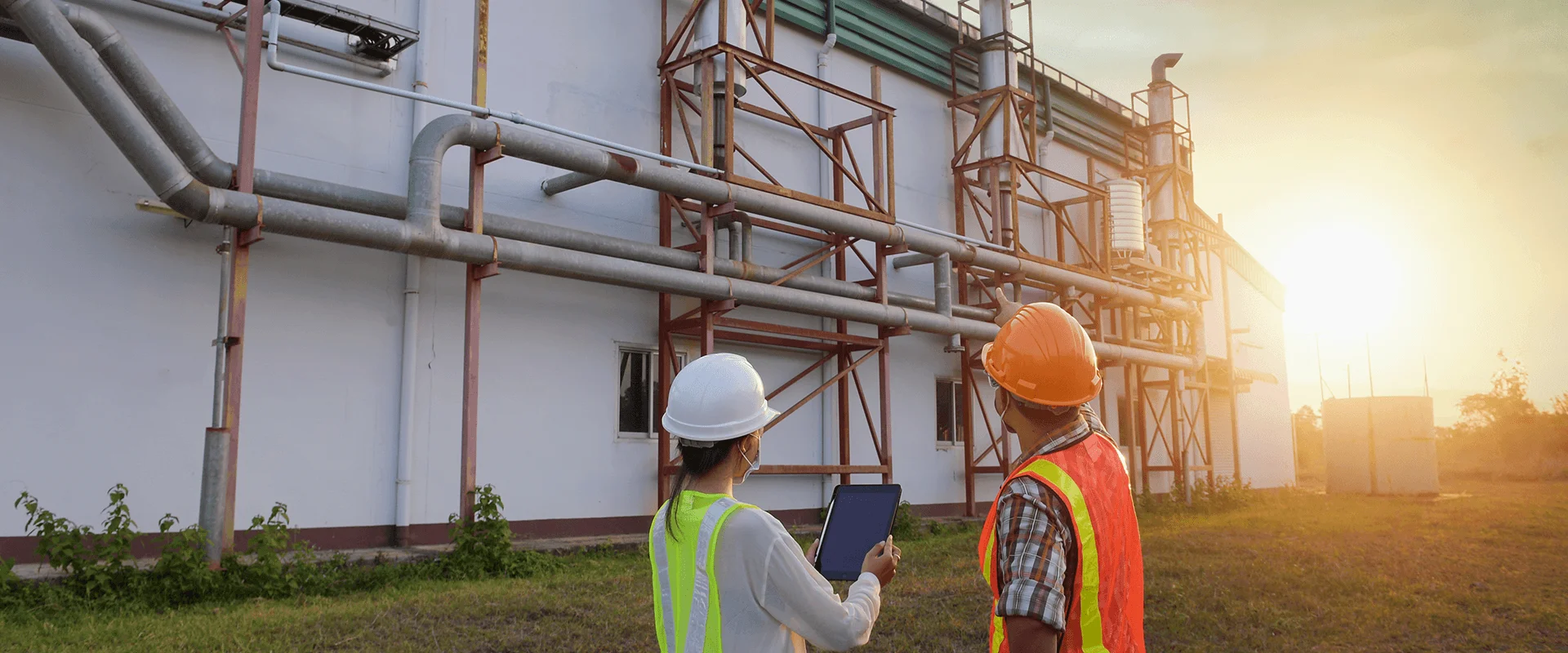Assessors onsite would benefit with paperless practical field assessment forms. Their jobs could be made a lot simpler if this tedious and time-consuming task is digitalised. Don’t you agree?
Let’s look at it this way, to start with, the Site Assessor has to print the forms off in the office to bring along to site, where they then have to get the correct employees to sign and return the completed form. This task alone presents risks as paperwork can go missing, get damaged, or be filled out incorrectly. All this effort, just to bring the form back to the office to file and where it’s unlikely to be reviewed for a while Now imagine if this process could be simplified by means of digitalisation – in a matter of seconds, the forms could be signed by the correct employees and returned to the office, without the risk of losing or damaging the form, and exponentially increases the timeliness of when the information on the form will actually be reviewed and actioned.
In the mining industry, organisations are constantly looking for new ways to put themselves ahead by coming up with innovative ideas that improve their safety standards, reduce their costs, or enhance their operations. The shift towards a paperless environment increases as new data storage and document management technologies become available. Taking action to reduce paper usage can help your business become more efficient and responsible with your valuable data. By digitalising simple tasks like Assessment forms, workers can benefits and devote more time to manage other important work, not to mention, the ‘green’ benefits that are attached to a paperless field assessment.
Here are four key benefits for going paperless in the field.
1. Environmental friendliness
Paper usage has increased by 400% worldwide in the last 40 years which has a massive impact on the rates of deforestation and global warming. By switching to a paperless environment and favouring digital documentation formats, the use of paper in an organisation will progressively decrease, promoting a cleaner and greener work environment.
2. Increased productivity
The time and effort that goes into managing a paper-based form can be simplified by moving towards a paperless system. With rapidly evolving and easily available technology, such as Cloud, documents can automatically be sent to the required recipients within seconds and can be easily accessible. This also reduces frustrations and time spent on filing, organising, and searching for paper-based documents that frees up time for more important tasks.
3. Improved security
There is genuine concern about personal privacy and data protection which requires companies to respond by implementing processes to counteract these apprehensions. Leveraging a document management system allows companies to retrieve electronic signatures and confidential information and render them to be unreadable and secured against printing, copying, and sharing. This is a lot more efficient and inaccessible than hiding documents behind a lock and key.
4. Reduced risk
A shift towards a digitalised system reduces the risk of misplacing, losing, or corrupting an important document. Forms that are filled-in on site have a long journey before they are safely filed back in the office. In that time, a lot of unforeseen risks are present that could stop the document from being filed correctly. Let’s say the document was dropped and left lying on the ground and it gets tossed into the bin. It’s as good as never filling out the form. If the form was completed on a device, we can trust that the information is instantly sent to the appropriate storage folder on the cloud where it is protected. Additional security can also be enabled via access control to the relevant people based on job level and hierarchy.
These benefits of going paperless, along with many others, will enable organisations to future-proof themselves and become more efficient in their processes.














